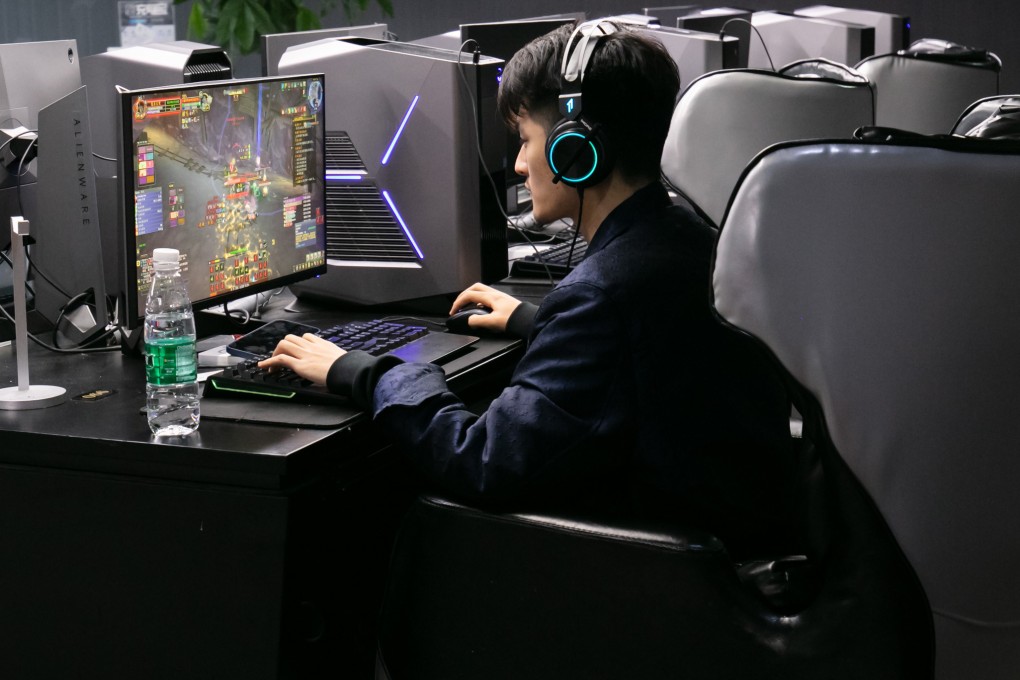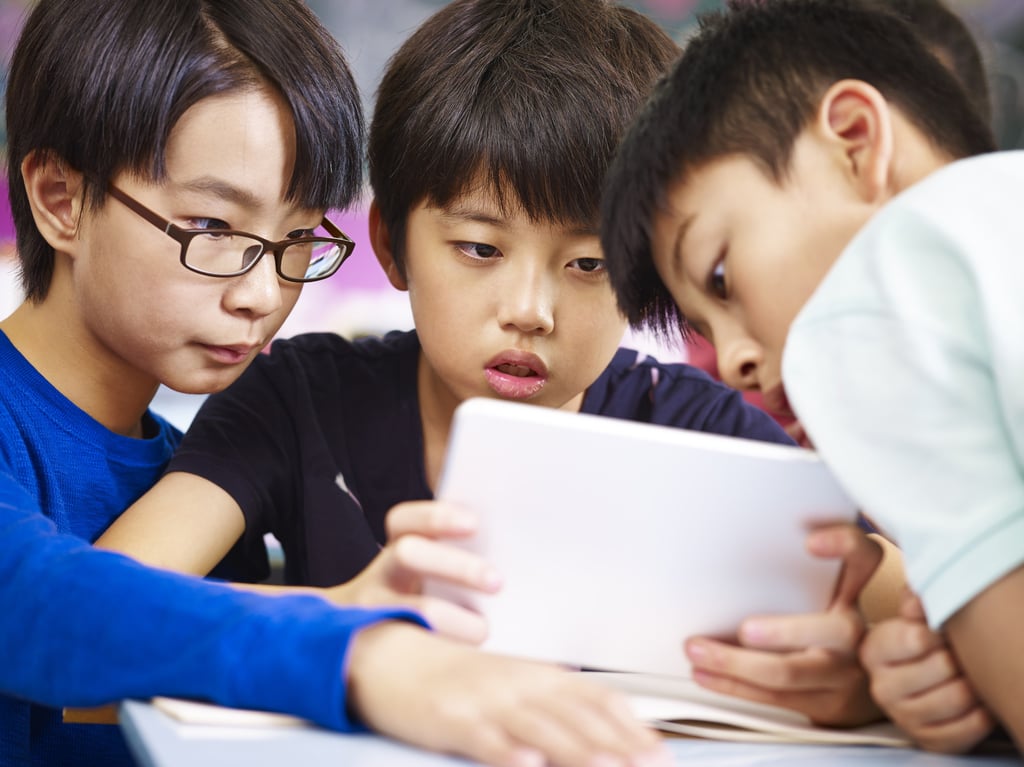Advertisement
China gaming crackdown: latest freeze on new video game licences could surpass record delay in 2018, putting industry on edge
- The National Press and Publication Administration has not published a list of approved new titles since July 22, hitting hard many small game developers
- With no relief in sight, the current regulatory freeze could potentially mark China’s longest suspension of new game licences since 2018
Reading Time:3 minutes
Why you can trust SCMP
1

China’s extended freeze on new video game licences is set to enter its ninth month, raising speculation that this could surpass the previous record length of delay, which would put more pressure on the market and its many small developers, according to industry insiders and recent local media reports.
Some firms in the industry had hoped that the suspension of new licences could be lifted in April, while others expected the process to be in limbo until this autumn, according to a video gaming company executive, who declined to be identified because he is not authorised to speak to the media. He said the licensing freeze remains “the biggest talking point” in the industry.
The National Press and Publication Administration (NPPA), which is in charge of licensing video games in China, has not published a list of approved new titles since July 22 last year. As of Tuesday, the latest freeze in new game approvals marked its eighth month, without any signal from the regulator on when the licensing process would resume.
Advertisement
The NPPA has never officially commented on the issue.

Earlier this month, an unidentified official from the state-backed China Game Publishers Association Publications Committee said talks about the resumption of the licensing process in April “is not true”, according to a report by Chinese daily newspaper the 21st Century Business Herald.
Advertisement
Advertisement
Select Voice
Select Speed
1.00x